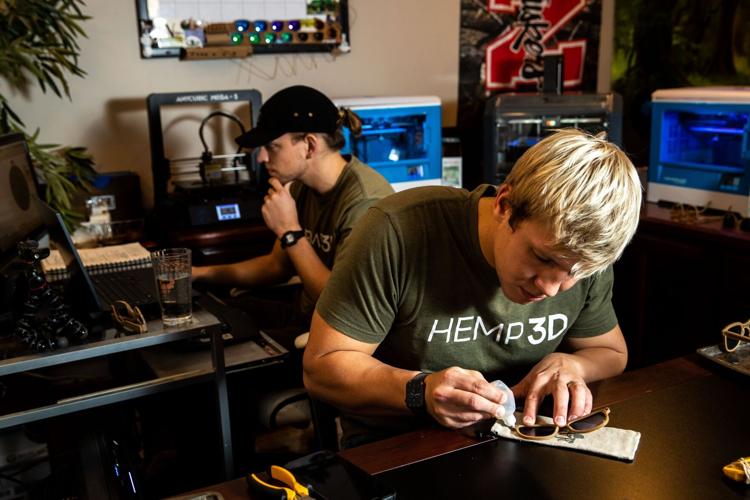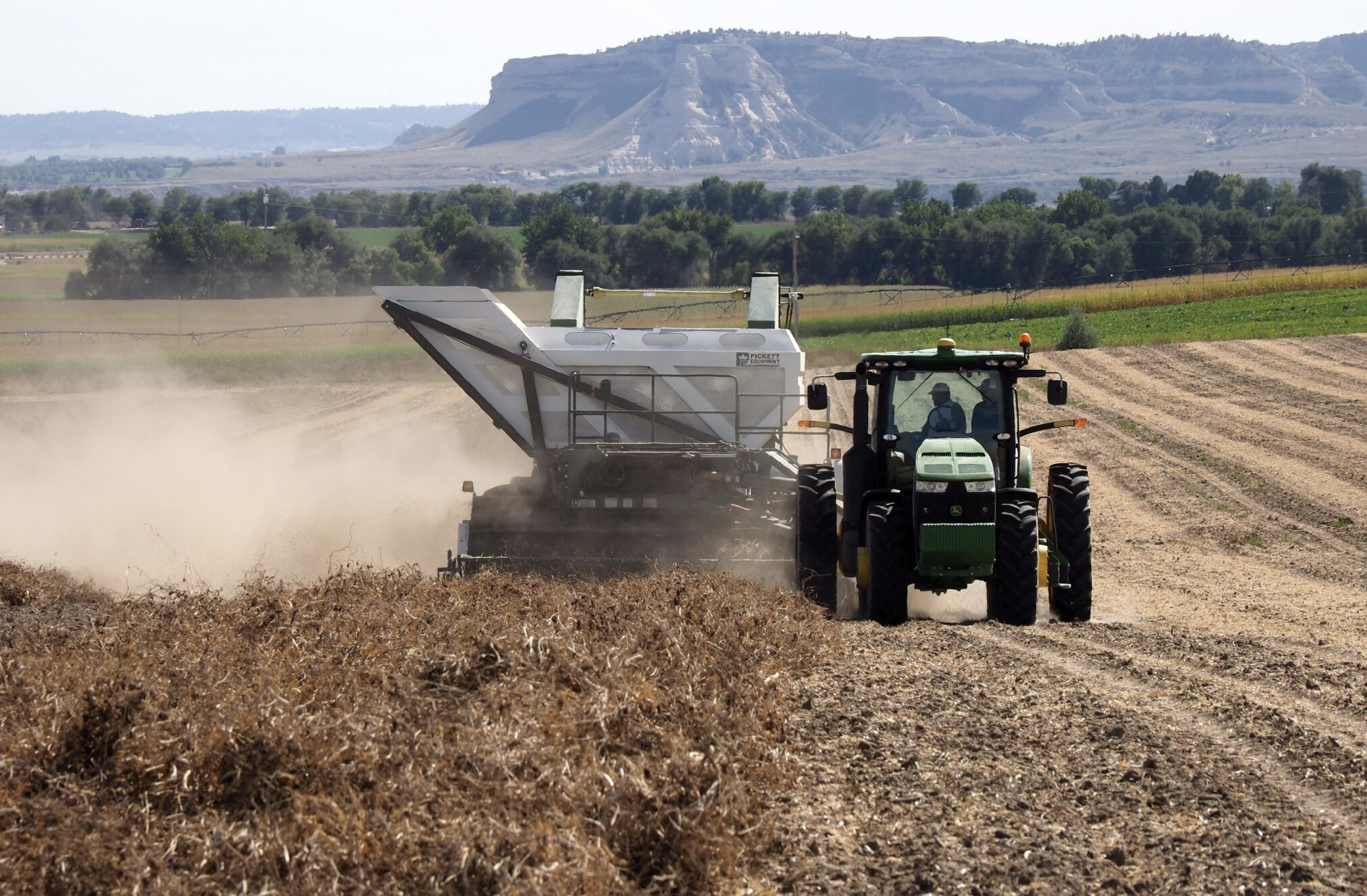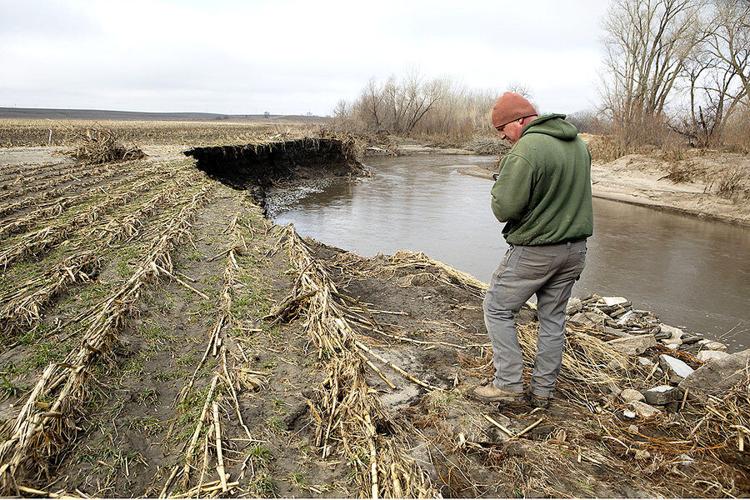For the last generation, sustainability has been the buzzword around agriculture. Now, a growing chorus is calling for a focus on “agricultural regeneration.” It’s about reclaiming the health of the soil, making our regions more food independent, and keeping our young people on the land, said Graham Christensen, the president of GC Resolve who lives near Oakland.
GC Resolve is a communication and consulting company that is working to build resilient communities. Its focus is on environmentally and economically sound principles related to agricultural production.
They emphasize erosion control, on-farm fertility, re-establishment of local & regional markets for increased food security, soil health and reduction of carbon dioxide and nitrate greenhouse gas emissions.
It’s also about generating greater opportunities for young people to get into farming. As the average age of farm operators increases, and land is auctioned to the highest bidder, more and more ownership is transitioning to large corporations, including foreign investors, Christensen said. That is not in the best interest of our national security, or of the younger generation, he said.
Click to read article in North Platte Telegraph!




